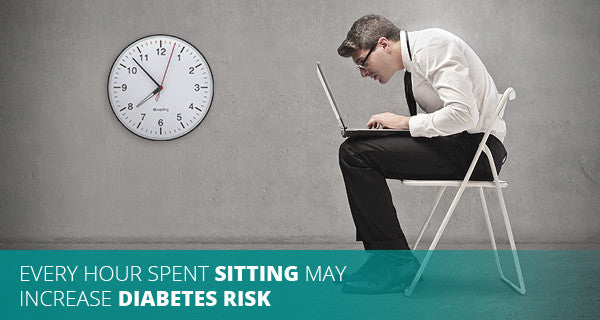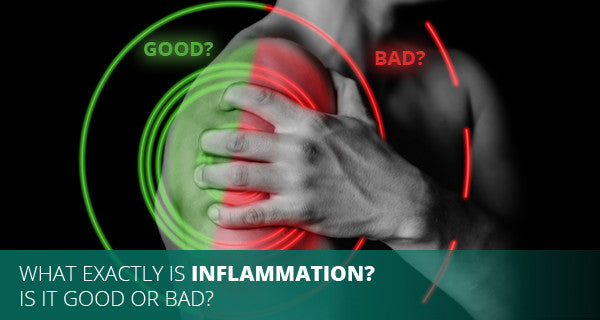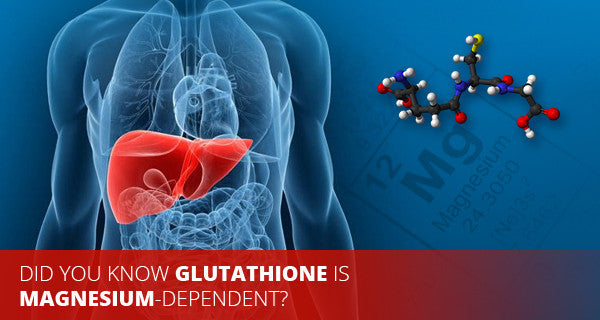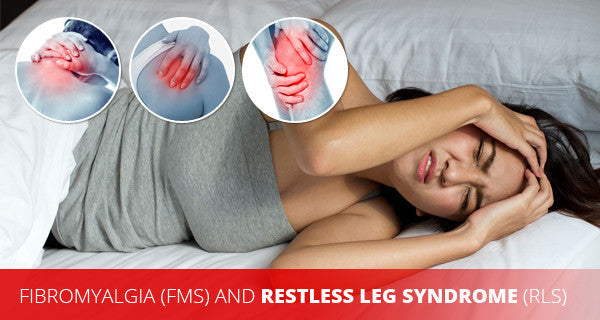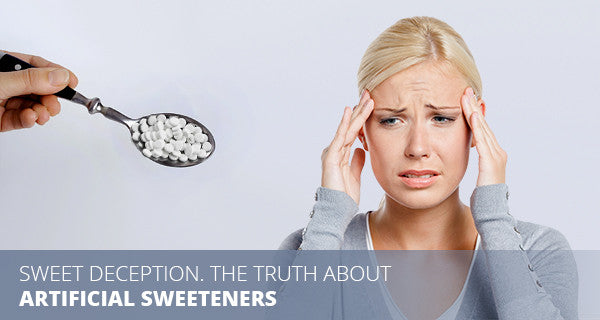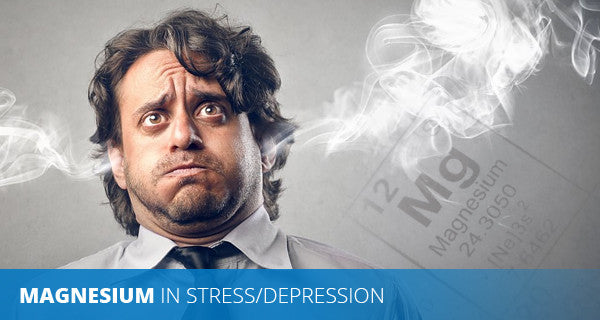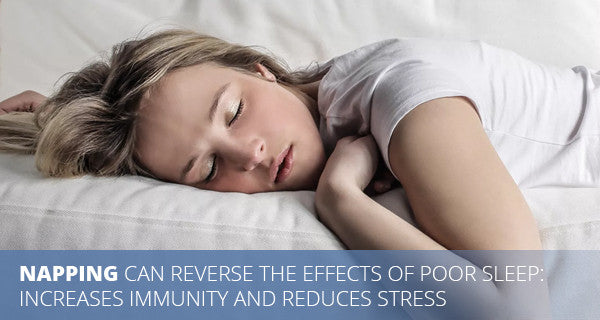Health on Your Terms
6 Natural Ways to Quit Smoking
By Simon HOMARUS
The importance of CoQ10 for our health
By Simon HOMARUS
Inflammation: Is it Good or Bad?
By SQ Staff
Glutathione: The Master Anti-Oxidant
By Simon HOMARUS
Fibromyalgia and Restless Leg Syndrome
By Simon HOMARUS
Artificial Sweeteners
By SQ Staff
Mindful Meditation
By Simon HOMARUS
Heavy workloads, meeting tight deadlines, care giving, financial worries. Stress has invaded our daily lives in many forms. We can withstand occasional bouts of extreme stress, which can actually be a good thing by motivating us to take meaningful action.
But what happens when we are frequently or continually exposed to such environmental stressors? It takes a toll on our health. Stress plunges the body towards poor health and premature aging.
Scientists warn us that it is important to find ways to manage and reduce chronic stress in our lives or else risk the onset of many age-related diseases such as dementia, cardiovascular diseases, diabetes, arthritis, depression and even cancer.
Magnesium in Stress/Depression
By Simon HOMARUS
Napping reverses the damage caused by poor sleep
By SQ Staff

